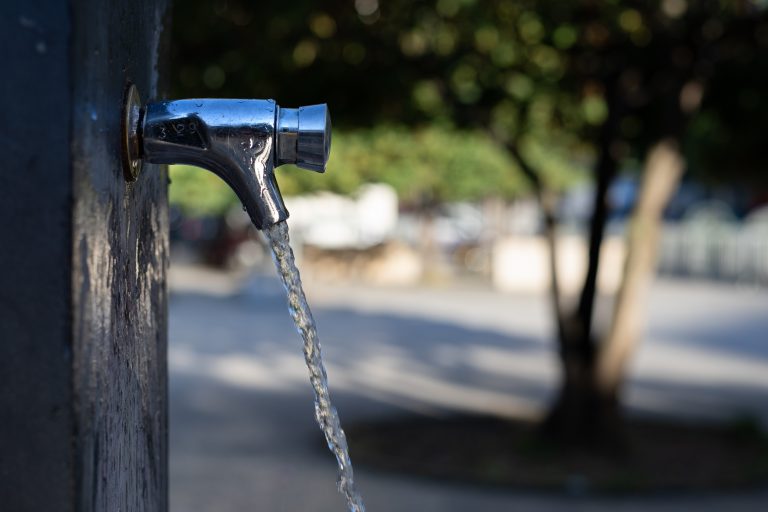Dear correspondents and journalists,
The first successful European citizens’ initiative “Right2Water” becomes European law. Once again, important decisions for citizens and the environment are taken by the Brussels institutions – largely unnoticed by the public. In the course of the revision of the European Drinking Water Directive, which was proposed by the Commission in response to the citizens’ initiative, the final round of negotiations between the European Parliament, the Council and the Commission is expected to take place this Wednesday evening, 18 December. As negotiator for the Greens/EFA Group, I would like to draw your attention to the imminent agreement between Parliament and the Council. After more than two months of intensive negotiations, new rules with direct effects on all consumers will be adopted.
Tomorrow, the European Parliament will negotiate with the Council for the last time, among other things, on improved access to clean drinking water. According to Parliament’s position, Member States must take measures to enable all citizens, especially vulnerable and marginalized groups, to be connected to the distribution network. These measures include the construction of public water dispensers, which must be available to all citizens. This was a core request by the Parliament, which the Council long resisted.
Also on the negotiating partners’ desks are limit values for dangerous substances such as lead and, for the first time, endocrine disruptors, the first-time control of microplastics and new rules for information requirements for consumers.
- Lead: The European Parliament calls for the current limit to be halved and for old pipes to be replaced quickly.
- Endocrine Disruptors: Parliament is calling for rules for Bisphenol A and other endocrine disruptors to be implemented for the first time. Against severe opposition from several member states, including the German federal government, the Parliament was able to include a binding limit value for Bisphenol A in the text of the new Directive.
- Microplastics: It is foreseen to introduce a watchlist, which will include microplastics, as requested by Parliament.
The microbiological and chemical parameters that must be monitored and adhered to were established in 1998. Since then, both scientific knowledge and technical solutions have made great strides. It is therefore urgently necessary to update the parameters. In the last round of negotiations, concrete compromises for these limit values will have to be found.
Parliament also calls for clear rules to provide consumers with better information. According to the Parliament’s position, water suppliers must in the future provide all customers with information on the cost structure of the water supply, comparative values with average households, and ownership information concerning the water supplier.
As a member of the Committee on the Environment, Public Health and Food Safety and negotiator for the Greens/EFA Group, I will be happy to inform you about the results of the negotiations in a telephone press conference on Thursday morning.
When: Thursday, December 19, 10:15 a.m. to 10:45 a.m.
Where: in a teleconference room, the dial-in data will be sent after registration
The language of the telephone press conference is English. Question can also be raised in German or French.
Please register with the name of your medium so that we can send you the dial-in number: sven.giegold@ep.europa.eu or +32 228 45369
Please understand that due to technical limitations, we can only allow journalists for this conference.
Please, feel free to contact me with any questions and interview requests.
Green European greetings,
Sven Giegold

